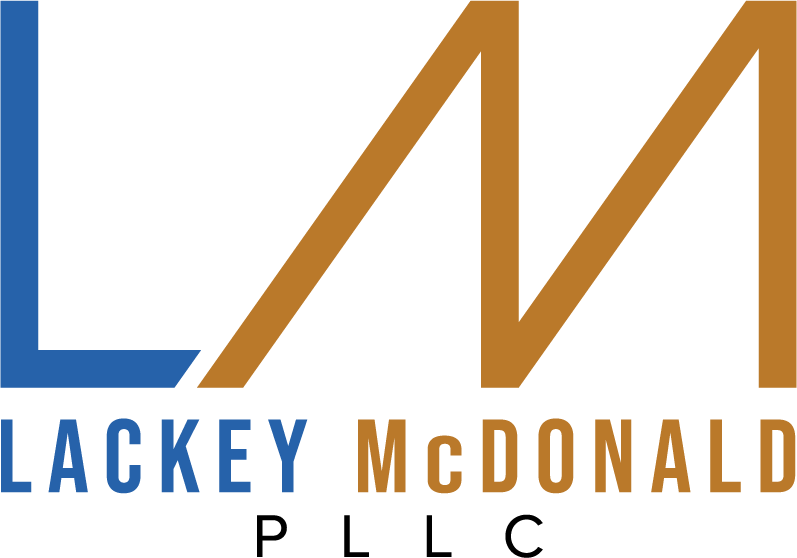Whether you're a business owner looking to cash out, a private equity firm hunting for your next investment, a keen entrepreneur aiming for growth, or an investment banker facilitating a deal, buying or selling a business is a complex process fraught with legal intricacies. This blog post aims to provide informative, practical insights into the legal steps involved in business transactions to help you make informed decisions.
Understanding Due Diligence
Due diligence is one of the most critical components of buying or selling a business. It involves a thorough investigation into all aspects of the business being sold. For buyers, it’s a way to verify the value and health of the business. For sellers, it presents an opportunity to prepare for questions and concerns that may arise.
Key Areas of Due Diligence:
- Financial Records: Ensure that financial statements, tax returns, and other relevant financial documents are accurate and up-to-date.
- Legal Compliance: Verify that the business complies with all applicable laws and regulations, including employment, environmental, and zoning laws.
- Contracts and Agreements: Review all existing contracts, including leases, supplier agreements, and customer contracts, for any clauses that could affect the sale.
- Intellectual Property: Confirm ownership and rights of all intellectual property, including trademarks, patents, and copyrights.
Valuation of the Business
Accurately valuing a business is crucial for both buyers and sellers. Several methods can be used, each with its pros and cons.
Common Valuation Methods:
- Asset-Based Approach: This method involves calculating the total value of the company’s assets, minus any liabilities.
- Income Approach: This involves determining the present value of future profits or cash flows.
- Market Approach: This method compares the business to similar companies that have recently been sold.
Structuring the Transaction
Once due diligence is complete and the business has been valued, the next step is to structure the transaction. The two primary ways to do this are through an asset purchase or a stock purchase.
Asset Purchase:
- Pros: Buyers can pick and choose which assets and liabilities to acquire. This often results in fewer inherited liabilities.
- Cons: May require more complex and longer negotiations as each asset needs to be transferred individually.
Stock Purchase:
- Pros: Simpler because the buyer acquires ownership of the company’s stock, along with all its assets and liabilities.
- Cons: The buyer inherits all liabilities, including any that may not have been discovered during due diligence.
Negotiating Terms and Conditions
Negotiation is where the finer details of the transaction are hammered out. Key terms to negotiate include:
- Purchase Price: The agreed-upon amount for the business.
- Payment Terms: Whether the payment will be made in cash, stock, or a combination, and whether there will be any earn-outs or seller financing.
- Representations and Warranties: Statements from the seller about the condition of the business. These can be crucial if any issues arise after the sale.
- Indemnities: Agreements on who will be responsible for any potential liabilities that may surface post-sale.
Closing the Deal
The closing is the final step in the transaction, where all necessary documents are signed, and the business officially changes hands. Important documents may include:
- Bill of Sale: Transfers ownership of assets from the seller to the buyer.
- Non-Compete Agreement: Prevents the seller from starting a competing business within a specified time frame and geographic area.
- Transfer of Licenses and Permits: Ensures that all necessary licenses and permits are transferred to the new owner.
Post-Closing Considerations
Even after the deal is closed, there are several post-closing considerations to address:
- Integration: For buyers, integrating the new business into existing operations can present challenges.
- Transition: Sellers may need to assist in transitioning relationships with customers, suppliers, and employees.
- Compliance: Both parties must ensure ongoing compliance with any obligations outlined in the sale agreement.
Conclusion
Buying or selling a business is a multifaceted process that requires careful planning and expert legal guidance. By understanding the key steps involved—from due diligence and valuation to structuring the deal and closing—you can proceed with confidence and make informed decisions that benefit all parties involved.
Call to Action
If you’re considering buying or selling a business and need expert legal advice, don’t hesitate to reach out. Our team of experienced attorneys is here to guide you through every step of the process. Contact us today to schedule a consultation.

